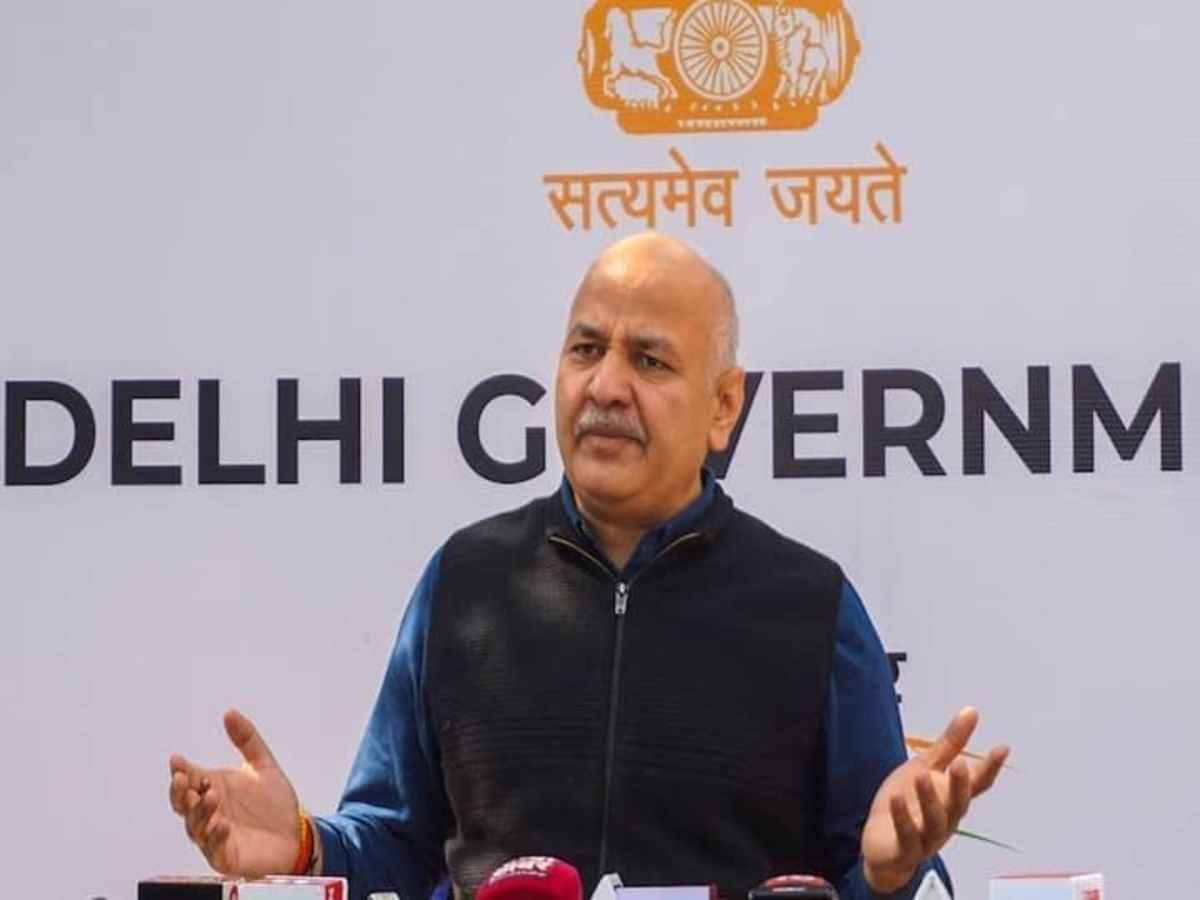In a surprising turn of events, the Supreme Court of India has posed a question to the Enforcement Directorate (ED) regarding the Aam Aadmi Party (AAP) and its alleged involvement in a corruption case in regard with the now-scrapped Delhi excise policy.
Table of Contents
Supreme Court Questions ED on AAP’s Involvement
The court questioned why the ED had not arraigned the AAP as an accused in the case, despite claiming that the political party was the main beneficiary of the corruption. This query arose during the bail hearing of former deputy chief minister Manish Sisodia, who has been in jail for nearly seven-and-a-half months following his arrest by the Central Bureau of Investigation (CBI) and later by the ED.
Sisodia’s Lawyers Argue Institutional Decision
The bench of justices Sanjiv Khanna and SVN Bhatti sought clarity on the issue of money laundering, as Sisodia is named as one of the beneficiaries in the case. The court pointed out that while the ED alleges that the AAP benefited from the corruption, the party has not been accused in the case. The additional solicitor general (ASG) SV Raju, representing the ED, was asked to provide an answer to this question in the next hearing.
Allegations of Proceeds of Crime and Lobby Links
During the hearing, Sisodia’s lawyers, senior advocate Abhishek Manu Singhvi and advocate Vivek Jain, presented their submissions, focusing on the decision-making process of the excise policy. Singhvi argued that the policy was not a decision made by an individual but was collectively decided at various levels, involving ministers, government servants, and the Lieutenant Governor of Delhi. He emphasized that it was an institutional decision and presented cabinet notes and documents related to the policy formulation to support his argument.
Allegations subjected by ED
The ED alleged that Sisodia was involved in the generation of proceeds of crime amounting to approximately ₹100 crore through kickbacks received from the “South lobby.” Singhvi countered these allegations, stating that he was not named anywhere in the evidence and that no money trail was found linking him to the South lobby.
He also raised concerns about the speed with which some of the accused in the case were changing statements and obtaining bail after becoming approvers for the prosecution.
Excise Policy Aimed at Breaking Cartelization
Singhvi argued that the new excise policy aimed to break the existing cartelization and was not favored by liquor manufacturers who wanted to maintain the old regime. The court noted that the ED’s charge sheet alleged that the new policy increased the profit margin for liquor retailers and dealers from 5% to 12%. Singhvi explained that the new policy was based on the recommendations of an expert committee and the decision of a group of ministers, which capped the profit margin at 12%.
Hearing Resumes with ASG’s Response
The court was informed that the new policy projected earnings of ₹55 crore from license fees alone, compared to ₹69.15 crore from sales and license fees combined in the previous year. Sisodia, in his appeal to the Supreme Court, sought bail in both the CBI and ED cases and also requested interim bail citing his wife’s health condition. The hearing will resume on the following day, allowing the ASG to respond to the court’s question regarding the involvement of the AAP in the corruption case.
The outcome of this hearing could have significant implications for the ongoing investigation and the charges against Sisodia and other accused individuals.
Read More: ED Raids AAP MP Sanjay Singh’s Residence in Delhi
